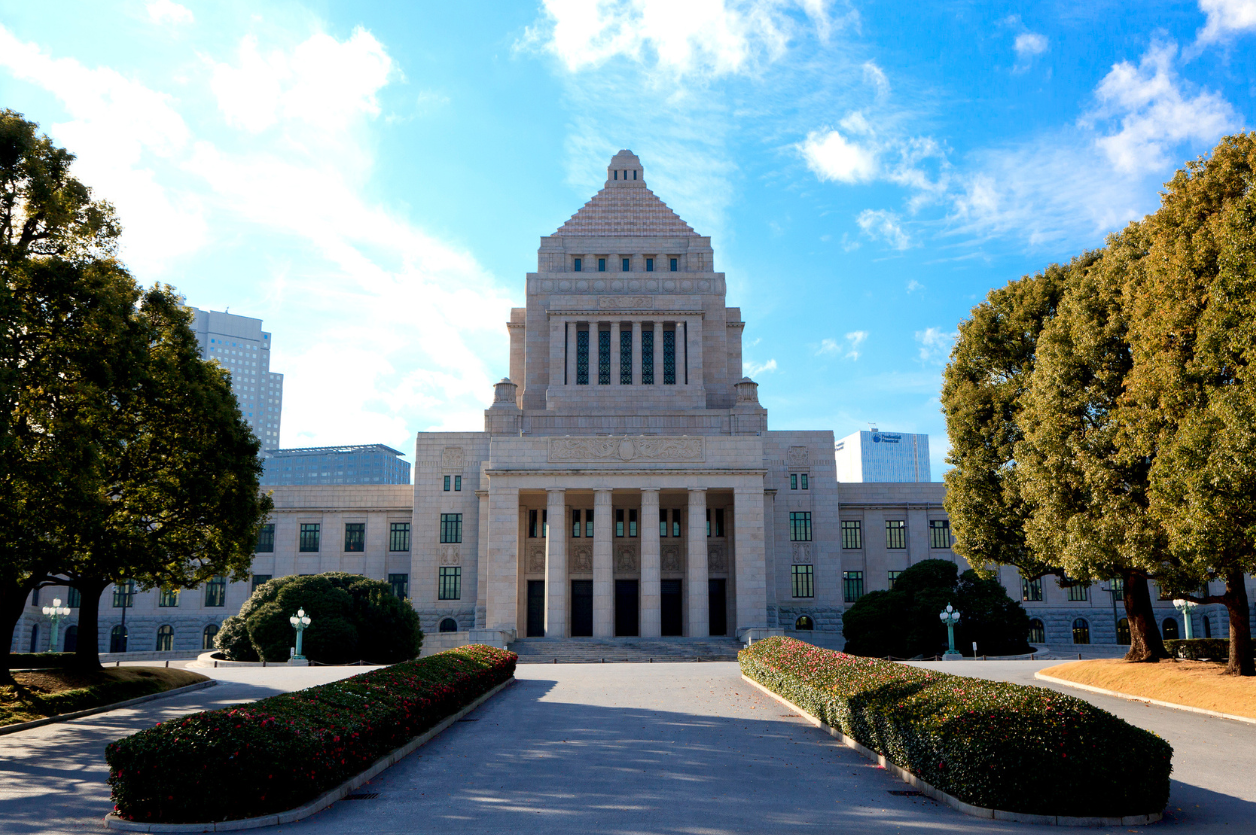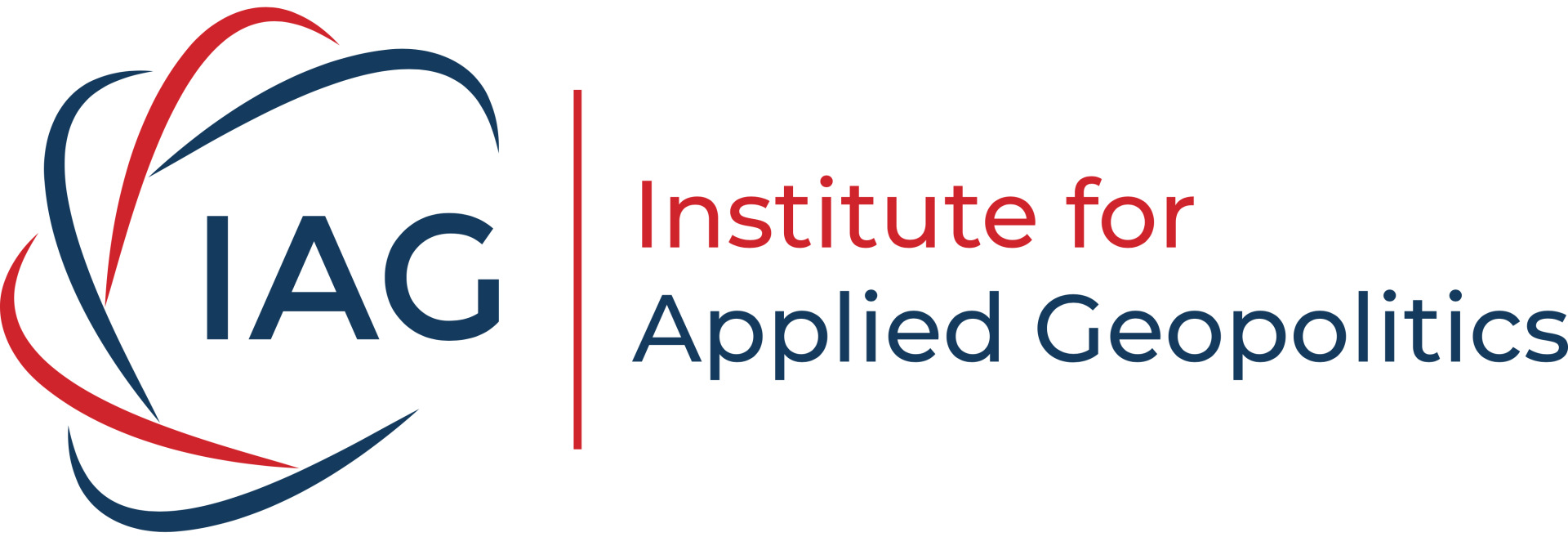Japan’s Leadership Change and Emerging Realignments

Photo credit: iStock.com/mizoula
Intelligence Summary
Japan’s parliament elected Sanae Takaichi as the country’s first female prime minister on October 21, 2025, marking a historic leadership transition amid political instability and economic strain. Takaichi, aged 64, secured 237 votes in the lower house and 125 in the upper house, surpassing the majority threshold and defeating opposition leader Yoshihiko Noda of the Constitutional Democratic Party. Her appointment follows political instability and uncertainty surrounding previous prime ministers. Takaichi, who is known to be politically conservative, is Japan’s fifth prime minister in just four years.
Takaichi’s rise came after the Liberal Democratic Party (LDP)’s coalition partner, the centrist Komeito party, withdrew support due to discomfort with her conservative positions and the party’s corruption issues. To secure a governing majority, she negotiated a last-minute alliance with the right-leaning Japan Innovation Party (JIP), also known as Nippon Ishin no Kai, which advocates lowering the consumption tax on food to zero and banning corporate donations to political parties. The coalition agreement pushed the government further to the right, reflecting Takaichi’s nationalist orientation.
Domestically, Takaichi faces a fragile political environment. The LDP has lost its majority in both houses of parliament over the past two years, and public frustration over inflation, a rice shortage, and stagnant wages has intensified. Takaichi pledged to rebuild public trust and strengthen the economy through fiscal reforms and expanded social support, while also promising to increase female representation in government. Her cabinet appointments included only two women, Satsuki Katayama as finance minister and Kimi Onoda as economic security minister, out of 19 total positions. However, Katayama’s appointment is also historically significant, as she is the first woman to hold that title.
Takaichi’s political ideology aligns closely with that of her mentor, the late former Prime Minister Shinzo Abe. She supports constitutional revision to expand Japan’s military capabilities, a stronger defense posture toward China and North Korea, and continued alignment with the United States. Her foreign policy agenda includes an early meeting with U.S. President Donald Trump, scheduled for October 27, 2025, to address trade and security issues. She is also expected to manage delicate relations with South Korea, which remains cautious due to her nationalist views and past visits to the Yasukuni Shrine, a site that honors Japan’s war dead including convicted war criminals.
In South America, Bolivia experienced a major political shift with the election of Rodrigo Paz as its first conservative president in two decades, ending the long dominance of the leftist Movement Toward Socialism (MAS) party. Paz won 54.5 percent of the vote in a runoff election against former President Jorge Quiroga and pledged to restore relations with the United States after years of strained ties. U.S. Secretary of State Marco Rubio described the result as a transformative opportunity for bilateral cooperation on investment, immigration, and security. Paz announced plans to secure fuel imports through coordination with Washington and other partners to address severe shortages and inflation that reached 23 percent in September 2025.
Paz’s administration faces the challenge of stabilizing Bolivia’s economy, which has been weakened by depleted foreign reserves and heavy subsidies. His economic team, led by José Gabriel Espinoza, outlined a plan to redirect fuel subsidies toward poorer families through direct cash transfers while maintaining stable prices for transport workers. Paz also promised constitutional reforms to strengthen judicial independence and reduce corruption, while assuring Indigenous groups that their political representation would be preserved.
In Europe, former French President Nicolas Sarkozy began serving a five-year prison sentence in Paris today, October 21, 2025, after being convicted of criminal conspiracy for accepting illegal campaign funds from former Libyan leader Muammar Gaddafi during his 2007 presidential campaign. Sarkozy, aged 70, became the first former French leader to be imprisoned since the end of World War II. He was taken to La Santé prison, where he is being held in solitary confinement for security reasons. The court described his offenses as exceptionally grave, and although his lawyers filed an appeal, the judge ordered immediate incarceration.
Why it Matters
These leadership transitions and judicial outcomes collectively signal a period of political realignment across multiple regions, with implications for global governance, alliance structures, and democratic accountability. In Japan, Takaichi’s ascent consolidates a conservative resurgence that could reshape the country’s defense and foreign policy posture. Her alignment with the nationalist wing of the LDP and her intent to revise Japan’s pacifist constitution suggest a potential acceleration of military operations, which could alter the balance of power in East Asia. Her early engagement with the United States under President Trump will test the resilience of the U.S.-Japan alliance, particularly regarding cost-sharing for defense and trade imbalances. A more assertive Japanese defense policy could strengthen deterrence against China and North Korea but may also heighten regional tensions, especially when accompanied by symbolic acts such as her visits to the Yasukuni Shrine.
Domestically, Takaichi’s limited inclusion of women in her cabinet despite promises of gender reform underscores the persistence of structural conservatism in Japanese politics. This could constrain her ability to broaden her support base and maintain stability in a fragmented parliament. The coalition with the Japan Innovation Party provides short-term legislative viability but may prove unstable given ideological differences and the LDP’s weakened public mandate. Economic challenges, including inflation and supply shortages, will test her government’s capacity to deliver tangible improvements while maintaining fiscal discipline.
Bolivia’s political shift represents a significant alteration in Latin America’s ideology, especially in regard to the West. Rodrigo Paz’s victory ends two decades of leftist governance and signals a broader regional trend toward pragmatic conservatism. His commitment to reestablishing ties with Washington and rejecting International Monetary Fund intervention reflects a nuanced approach that balances sovereignty with economic necessity. Closer U.S.-Bolivia cooperation could expand American influence in South America at a time when China’s economic presence remains strong. However, Paz’s proposed constitutional reforms and subsidy restructuring risk triggering social unrest, particularly among Indigenous and working-class groups that benefited from previous redistributive policies. His ability to maintain stability will depend on transparent governance and effective communication of his proposed reforms.
In Europe, Sarkozy’s imprisonment highlights political accountability within the European Union. The enforcement of a sentence against a former head of state demonstrates the judiciary’s willingness to uphold anti-corruption standards at the highest levels of power. This precedent may influence ongoing investigations into political financing and governance ethics across the EU, reinforcing institutional integrity but also deepening public cynicism toward established political elites.
These developments illustrate how leadership transitions can simultaneously reinforce and challenge existing power structures around the world. Japan’s conservative consolidation, Bolivia’s ideological shift, and France’s judicial enforcement each reflect distinct responses to public frustration with traditional political systems. For global actors, these shifts will influence alliance dynamics, trade negotiations, and regional security structures. The convergence of nationalist resurgence in Asia, democratic change in Latin America, and judicial accountability in Europe underscores a broader trend of political shifts that will shape international relations in the coming decade.
Key Actors
- Japan
- United States
- Bolivia
- France
- China - South Korea

